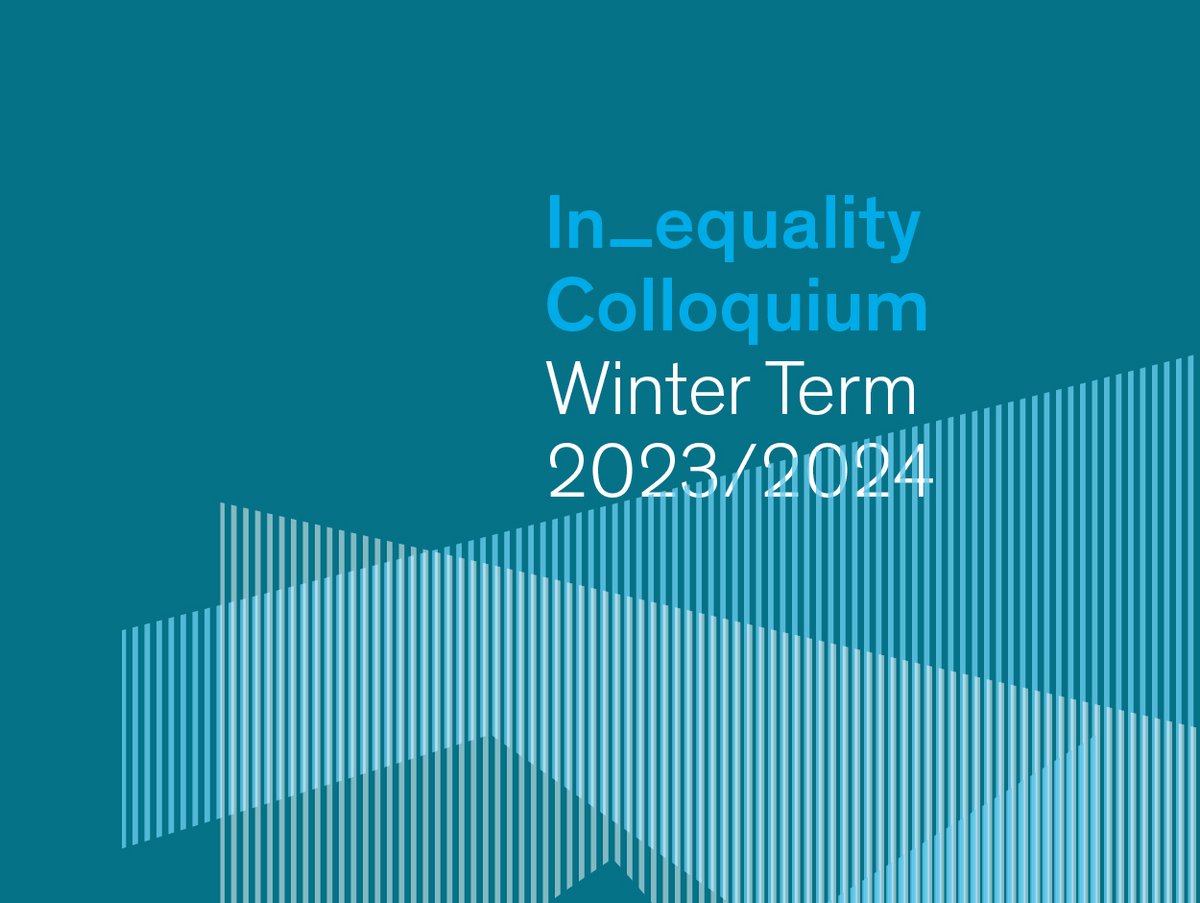In_equality Colloquium - The (Mis)Perception of Economic Inequality: The Impact of Welfare State Institutions on Social Perception and Preference Formation (PERGAP)
Time
Tuesday, 7. November 2023
11:45 - 13:15
Location
Y213 and online
Organizer
Cluster of Excellence "The Politics of Inequality"
Speaker:
Simone Maria Schneider (Universitat Pompeu Fabra)
The rise of economic inequality in countries around the globe is causing societal and political concern. How individuals perceive and respond to inequalities varies between societies and social groups; yet its contextual causes are still underexplored. PERGAP aims to advance knowledge on the societal causes leading to the (mis)perception of economic inequality by developing new instruments for the assessment and comparison of the institutional structure of welfare states and investigating their impact on perception and justification processes – before, during, and potentially after the pandemic crisis and across different structural and cultural settings. Moving beyond classical distinctions of welfare regime typologies and uniting approaches from neo-institutionalist theory and empirical social justice research, PERGAP proposes that social security systems provide distinct answers to the questions of ‘who gets what and why?’ and ‘who should get what and why?’. This ultimately shapes how citizens view and justify inequalities. To that end, PERGAP will collect legal information on the ‘institutional imprints of social disparities’ in social security systems (i.e. healthcare, old age security, unemployment, minimum protection) across 50 European and non-European countries for three time points and combine this information with country-comparative survey data and expand knowledge of the (self-)legitimizing mechanisms of public institutions.
Simone Maria Schneider is Professor at the Universitat Pompeu Fabra (Barcelona) and head of the research group PERGAP at the Max Planck Institute for Social Law and Social Policy (Munich). Her main research interests lay at the intersection of comparative social policy, political sociology, and social psychology, particularly the legitimation and reproduction of social inequality.

